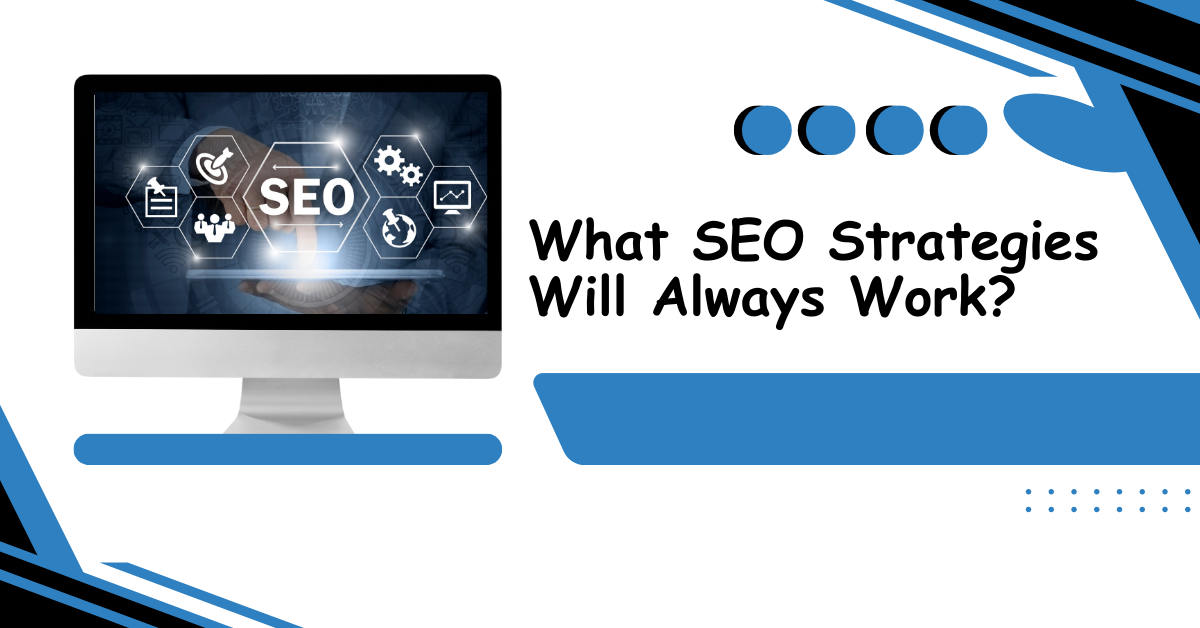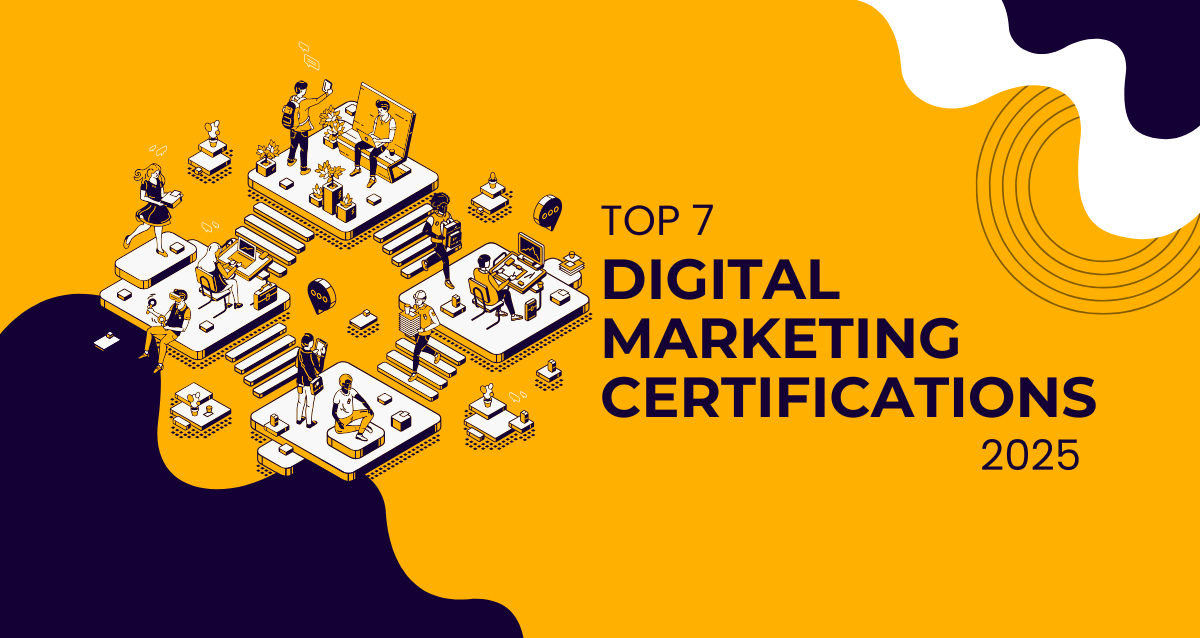
 4-Sep-2024
4-Sep-2024
If you’ve ever tried to keep up with SEO, you know it can feel like chasing a moving target. Google’s algorithms are constantly evolving, and new SEO tactics continuously pop up. But here’s some good news: some SEO strategies will always stand the test of time. No matter how much things change, certain fundamentals of SEO remain rock solid. So, what SEO strategies will always work? Let’s dig into the basics that you can rely on to keep your website thriving.
Let’s start with a classic: high-quality content. You’ve heard it a thousand times, but that’s because it’s the foundation of any successful SEO strategy. High-quality content isn’t just about writing a lot; it’s about creating content that’s valuable, engaging, and meets the needs of your audience. Whether it’s a blog post, a video, or an infographic, the key is to provide something that your audience finds useful and worth their time.
Think about the questions your audience is asking and how you can answer them better than anyone else. The more value you provide, the more likely people are to share your content, link to it, and keep coming back for more. This is what makes your content evergreen and keeps it ranking well over time.
Keywords are still a big deal in SEO, but it’s not just about picking the right keywords anymore—it’s about understanding keyword intent. This means getting inside the heads of your audience and figuring out what they’re looking for when they type a search query into Google. Are they looking for information? Are they ready to buy? Understanding this intent will help you create content that better serves your audience’s needs.
Instead of just focusing on high-traffic keywords, consider long-tail keywords—those longer, more specific phrases that people use. They might not have as much search volume, but they often convert better because they’re more targeted. Use these strategically throughout your content, but always keep it natural. Remember, you’re writing for people, not search engines.
On-page SEO might sound like a lot of technical mumbo-jumbo, but it’s just about making sure your content is easy for both people and search engines to understand. This includes using proper heading tags (H1, H2, H3), optimizing meta titles and descriptions, and making sure your URLs are clean and descriptive.
But it goes beyond that. Think about your internal linking structure—how you link to other pages on your site. Make sure your images have alt text, and your content is easy to read and navigate. All these little tweaks add up to a better user experience, which search engines love.
If you’re not optimizing for mobile users, you’re missing out—big time. Google now uses mobile-first indexing, which means it looks at the mobile version of your site first. If your site doesn’t work well on mobile devices, your rankings will suffer.
So, what does this mean for you? Make sure your site is mobile-friendly. This means it should load quickly, be easy to navigate, and look good on smaller screens. A mobile-friendly site keeps visitors happy and reduces bounce rates, which can boost your rankings.
Backlinks are still one of the most powerful SEO tools in your arsenal, but quality is more important than quantity. One high-quality backlink from a reputable, authoritative site can do more for your SEO than dozens of low-quality links.
How do you get these high-quality backlinks? Create content that others find valuable and want to link to. This could be anything from in-depth guides to original research or unique infographics. Building relationships with influencers in your niche and guest blogging on reputable sites can also help you earn valuable backlinks.
Google cares a lot about user experience (UX), and so should you. This means making sure your site is fast, easy to navigate, and user-friendly. If your site takes forever to load, users will click away, and that’s bad news for your SEO.
To improve site speed, consider compressing images, using a content delivery network (CDN), and minimising the use of heavy scripts. A faster site not only keeps users happy but also helps your SEO because Google considers site speed a ranking factor.
Content isn’t a “set it and forget it” task. To remain relevant in search results, you need to keep your content fresh. This doesn’t mean you have to rewrite everything from scratch, but regularly updating your content with new information, statistics, or insights can make a significant difference.
Regularly review your content to ensure it’s still relevant and accurate. Google loves fresh content, and so do your readers. Plus, updating old content is often quicker and easier than creating new content from scratch.
Technical SEO is like the engine of your car—it’s not always visible, but it’s crucial for keeping things running smoothly. This includes ensuring your site is properly indexed, using an XML sitemap, fixing broken links, and implementing schema markup.
Don’t let the term “technical” scare you off. There are plenty of tools available, like Google Search Console, that can help you stay on top of your site’s technical health. Getting these basics right can make a significant difference in how well your site performs in search engines.
SEO doesn’t have to be complicated. By sticking to these tried-and-true strategies—creating high-quality content, mastering keyword research, optimizing your site for both desktop and mobile users, building quality backlinks, and keeping your content fresh—you can build a solid SEO foundation that will stand the test of time. Remember, SEO is a long game, and it’s about providing real value to your users. Stick with these fundamentals, and you’ll be well on your way to better rankings and more traffic.


19-Sep-2025


9-Sep-2025


14-Aug-2025